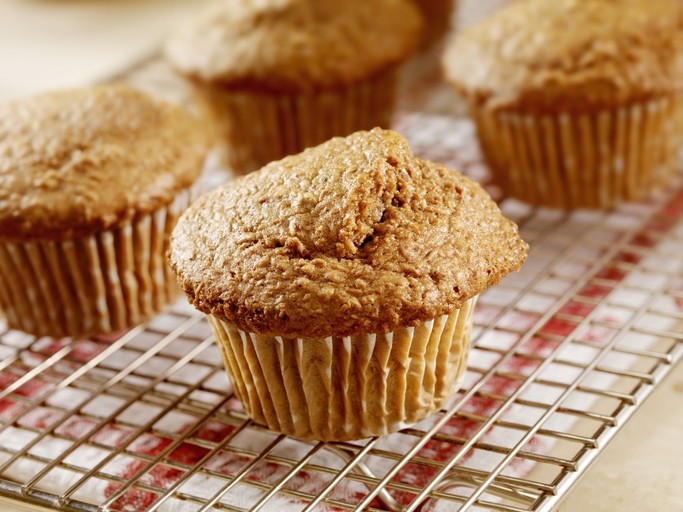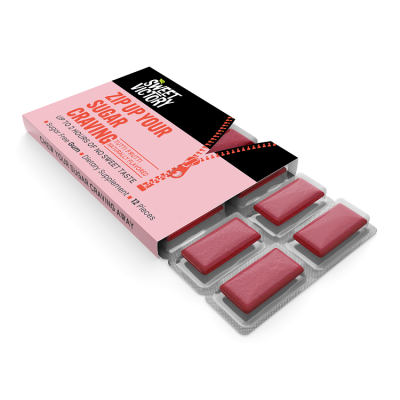Food researchers employ botanical extract to unveil ‘super muffin’ with benefits

Adaptogens and botanical flavours like hibiscus are on the rise in NPD thanks to their health and wellness credentials. Up to now however, hibiscus has tended to be employed in beverage formulations.
Norwegian researchers have now used the plant extract to unveil a ‘super muffin’ which contains no artificial additives and a host of beneficial nutrients.
The new ‘tasty and fluffy’ muffin has been named Roselle, because it contains calyx extract from the tropical plant Hibiscus sabdariffa, which is often referred to by the same name.
Hibiscus flowers have a beautiful red colour, and the calyx extract contains many valuable bioactive compounds, such as polyphenols, flavonoids, betaine and hibiscus acid. All of these components can be used to develop new products and functional food that may offer positive health effects, possibly also reducing the risk of chronic diseases, according to the researchers.
Roselle is also rich in anthocyanins. This is a dye that can be dissolved in water and yields a red, pink, purple, blue, blue violet, or violet colour, to add a strong influence on how appetizing people think it is. Artificial dyes are often clearer and more intense than natural substances. But the demand for natural dyes is increasing because of the concern that artificial dyes are harmful to our health.
The study, published in the journal Food, also showed that Roselle muffins maintain their freshness for up to six days at room temperature.
The study was part of Re-FOOD, a Norwegian-Indian collaborative project focusing on using and enhancing the value of rest raw materials of food processing.
In the muffin study, 30 people tested a total of 17 recipe variants. The aim was to find the best version of Roselle muffins based on three important qualities: taste and texture; valuable nutritional properties; and the best possible shelf life without preservatives.
The researchers measured and surveyed the test subjects' response to the pastry's colour, appearance, aroma, texture, fluffiness, elasticity, freshness and chewing resistance.
The hibiscus extract gave muffins high levels of antioxidants
In terms of nutrition, the results suggested that the hibiscus extract provides muffins with high levels of antioxidants like phenolics. These are substances believed to be able to prevent processes in the body that can damage cell membranes or the genetic material in our cells. There are several thousand different phenols, most of which are found in fruit, juice, wine, cocoa, tea, coffee, vegetables, flax seed, wholegrains and legumes.
While the Roselle calyx extract gave health benefits to muffins, the study didn’t produce what could be described a ‘healthy muffin’, stressed Eva Falch, an associate professor at NTNU’s Department of Biotechnology and Food Science. That’s because the muffin batter still used unhealthy sugar, saturated fat and white flour. “Roselle calyx extract is an underutilized resource, and the study primarily shows the potential of the plant extract. The researchers use the muffin as a model to say something about how ingredients and steps in the manufacturing process affect and change the properties of the final product,” Falch said.
“In food cultures where baked goods like this are part of the daily diet, Roselle muffins can contribute to increased nutritional value. To make a healthy version, the whole composition should be as good as possible, with little sugar, salt, saturated fat, and so on,” she added.
Moist muffins mould easily but Roselle keeps fresh without preservatives
Shelf life was the third factor the researchers investigated. When dry and semi-dry baked goods such as biscuits are left for too long, they can deteriorate both physically and chemically. Muffins with a higher moisture content, on the other hand, are more vulnerable to bacteria, fermentation and mould. Mould and mould spores are destroyed by heat during baking, but as soon as the muffins are out of the oven, they are exposed to airborne mould spores.
The Roselle muffins have no added preservatives. According to the researchers, the beauty is that the antioxidant ascorbic acid is also found in the pastry. This is a chemical bond that can contribute to increased shelf life in food products. And when it comes to the effects of ascorbic acid on the human body, most of us know it by its common name, vitamin C. The tests showed that Roselle kept well for six days at room temperature, with no signs of mould or spores.
Reference
Nutritionally Enriched Muffins from Roselle Calyx Extract Using Response Surface Methodology
DOI: 10.3390/foods11243982















